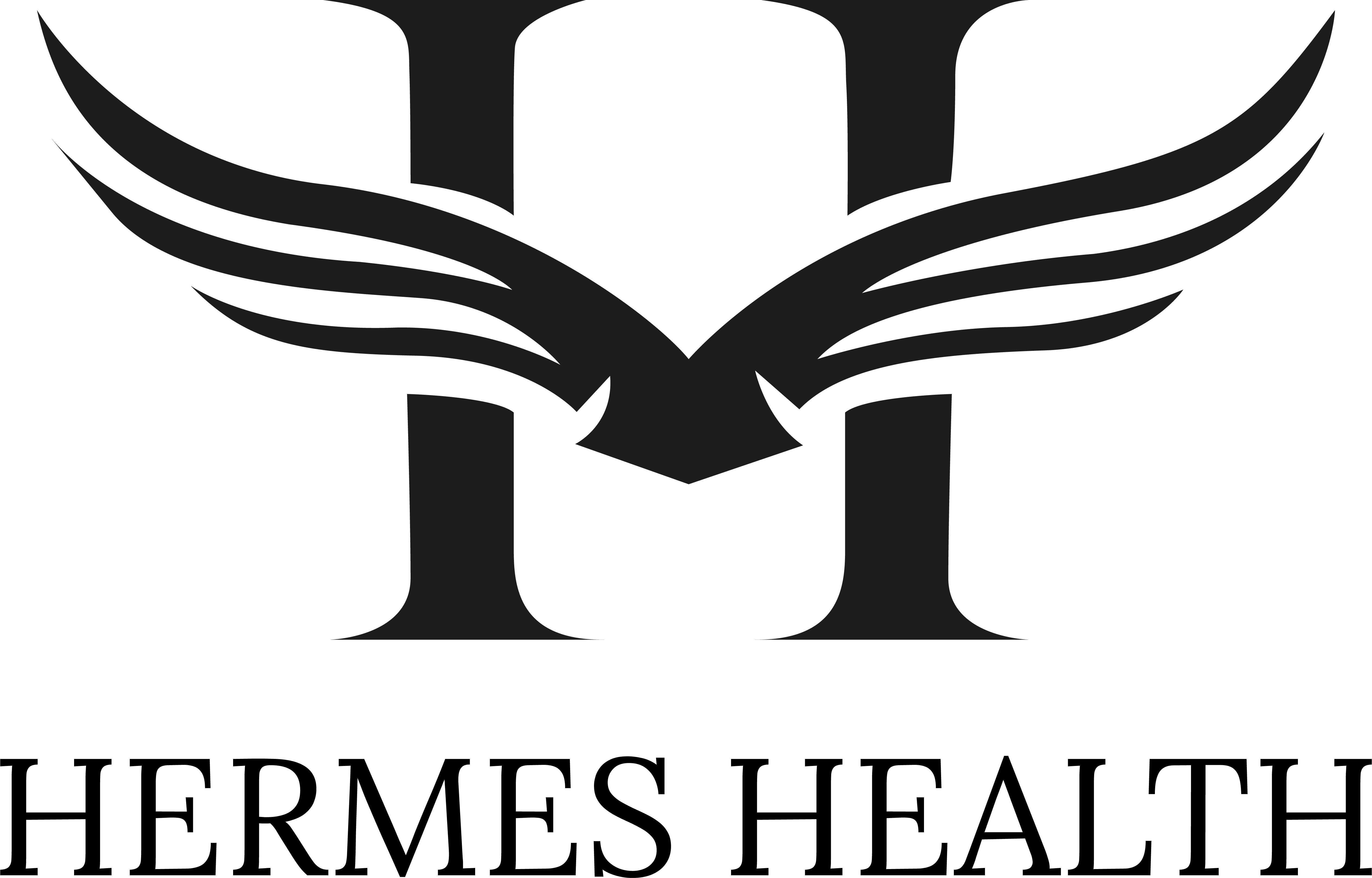Cultural Preservation in Nasal Surgery
Many people seek nasal refinement while maintaining their ethnic features.
Different ethnic backgrounds present unique nasal characteristics that require specific surgical approaches. Common features include a low nasal bridge, less projected tip, and wider nostrils. These traits need specialized techniques, often utilizing rib cartilage grafts for augmentation and structural support.
Thicker skin may affect final results
Rib cartilage often needed for augmentation Healing time varies by ethnic background Results appear gradually as swelling subsides Each ethnic group requires different approaches Maintaining ethnic features is priority
Why is rib cartilage often used in ethnic rhinoplasty?
Rib cartilage provides the strong, abundant material needed for bridge augmentation and tip projection, which are common requirements in ethnic rhinoplasty.
Will my nose still look natural for my ethnicity?
Yes, the goal is to enhance your features while maintaining harmony with your ethnic characteristics and facial features.
Can ethnic rhinoplasty reduce my nostrils
Yes, nostril reduction is a common component of ethnic rhinoplasty when desired, performed with careful attention to maintaining ethnic harmony.
How long until I see my final results?
While initial changes are visible after splint removal, final results may take longer to develop in ethnic patients due to thicker skin. Complete results typically appear after one year.
What makes ethnic rhinoplasty different from standard rhinoplasty?
In standard rhinoplasty, we typically reduce cartilage and bone tissue. However, in ethnic rhinoplasty, we usually need to add cartilage tissue, often from the rib, to build bridge height and create better tip projection.
How do you ensure the results match my ethnicity?
Each procedure is carefully planned to enhance your features while maintaining proportions typical of your ethnic background.

